Politics and sport have always been cynical and self-interested bedfellows. Rulers since the Caesars have been eager to spend vast sums of taxpayers’ money on circuses to distractp the plebs. In more recent times, Louis XIV (a ghostly presence in Friday’s Paris Olympics ceremony) made self-glorification through spectacle a pillar of his reign. Emmanuel Macron made no secret of his desire to follow in the Sun King’s footsteps. Friday night was to be his apotheosis. It would have been absurdly optimistic to think this could rebuild his popularity at home, but he must have relished cutting a great global figure.
Emmanuel Macron made no secret of his desire to follow in the Sun King’s footsteps
Even the patron saint of the modern Olympics, Philippe de Coubertin, had political ambitions. French schoolboys were notoriously unathletic, and for men such as Coubertin this was the road to national decadence. His remedy was to “put color into the cheeks of solitary and confined youth” and thus “exalt the Fatherland, the race, the flag.” Plus ça change. He was a great admirer of English public-school sports and an avid reader of Tom Brown’s Schooldays. Games, he thought, taught the English to rule an empire, and the French had to catch up. They would become the organizers of international sporting contests, in this case modeled not so much on the Greeks as on the Much Wenlock Olympian Games held in Shropshire.
Inherent in Coubertin’s vision of the regenerative power of strenuous exercise was the amateur spirit — “not the winning, but the taking part.” This soon became a polite fiction, as national rivalries dominated. I don’t think it was my imagination that in running through the history of the Olympics, the organizers of Friday’s ceremony passed very hastily over the 1936 Berlin games. But the highly organized parades of uniformed flag wavers have become the norm. The hosts of every Olympiad naturally try to present their country in a flattering light. Unless one condemns the whole Olympic jamboree as a corrupt, materialistic and jingoistic scandal (which, I must admit, I am sometimes inclined to do), one cannot blame Macron and his collaborators for playing the game and trying to give themselves a boost while simultaneously proclaiming “a message of hope to the whole world.”
Another admission: I would rarely sit through a whole opening ceremony, certainly not one lasting four hours. But I was intrigued by predictions in the French press that it was going to be “woke,” and hence not a celebration of France, which the organizers regarded as “reactionary.” If I was hoping to be scandalized, I was rather disappointed.
The whole thing was very French indeed. Even the Marseillaise got a rather mournful rendition. The organizers had hinted that they would be playing with stereotypes in a clever postmodern way. But the distinction between playing with stereotypes and simply using stereotypes was a bit subtle for me, and I suspect might have been altogether lost on the millions tuning in from Kyrgyzstan or Eswatini (I didn’t know where it was either). I expect it was also rather lost on the thousands sitting damply on seats overlooking the Seine, who could have seen only fragments of what was evidently designed and executed for television.
Marion Maréchal Le Pen has decried the ‘trashing’ of French culture
What took place in the grand monuments along the Seine was a long and disjointed series of happenings broadly recognizable as French. Some were jokey and some shocking — or both at once, like the guillotined woman singing through her severed head, and the gouts of blood-red streamers shooting out from the notorious Conciergerie prison. Others were sententious, like the jack-in-a-box appearances of gilded statues of largely unknown women under the heading “Sororité’.” Many episodes were far too long: the running joke of a strange figure sprinting across rooftops and through sewers with the Olympic flame, or the female sergeant-major in silver plastic armour riding a luminous mechanical horse for miles along the Seine. The whole spectacle was divided into twelve “artistic tableaux.” Two of these — Obscurité and Éternité — summed it all up rather well.
When some politicians try to profit from great public events, others try to stop them. Marion Maréchal Le Pen has decried the “trashing” of French culture, and deplores the band of the Garde Républicaine being made to dance (awkwardly I thought) with an African rock star of apparently controversial reputation. Others — including some bishops — protest at what they thought a blasphemous parody of the Last Supper by drag queens, though it didn’t strike me as that, but rather as a living portrayal of Bacchus (appropriately sexually ambivalent) roughly inspired by a painting in the Louvre. The Mona Lisa was sent floating down the Seine and I admit I have no idea what that meant.
What did the whole thing add up to? A succession of fragments. Deciding to do the whole thing out of doors and along several miles of the river inevitably made it both long and incoherent. Playing Dukas’s “The Sorcerer’s Apprentice” seemed particularly well chosen. The themes of modernity and diversity (a lot of foreign celebs) were foregrounded. The grand finale was genuinely stunning, and this is perhaps what will be remembered: the Olympic Flame kindled in a hot air balloon, which rose into the air in the city where, in 1783, the Montgolfier brothers astounded Europe with the first ever human flight.
A success? Certainly not a disaster, given the vast expenditure and the rigid controls. But the sabotaging of the TGV rail system that very morning is an alarming reminder that bitter political tensions in today’s France cannot be wished away by mere spectacle. A sense of foreboding — 45,000 police and soldiers were deployed — must have been palpable. Massed dancers with fixed grins jerking frenetically and interminably in the pouring rain provided an apt symbol of Macron’s France.
This article was originally published on The Spectator’s UK website.



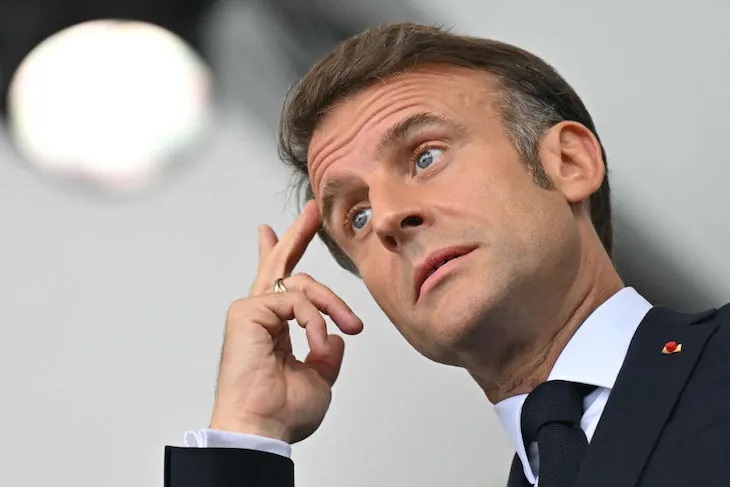








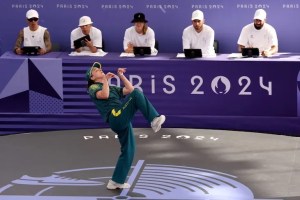

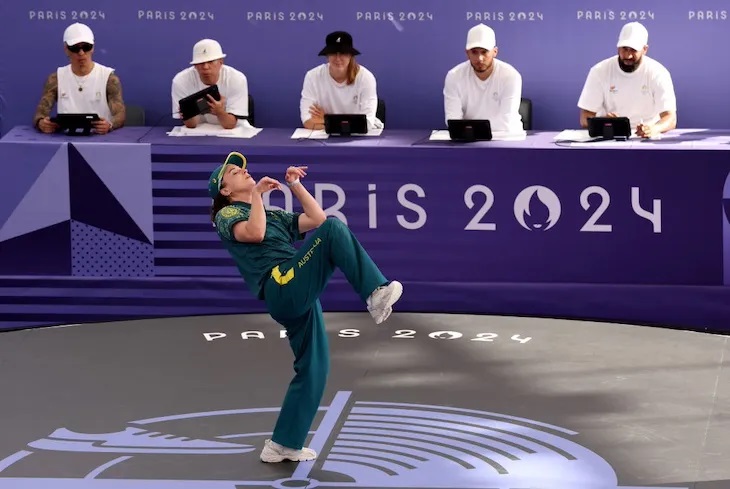

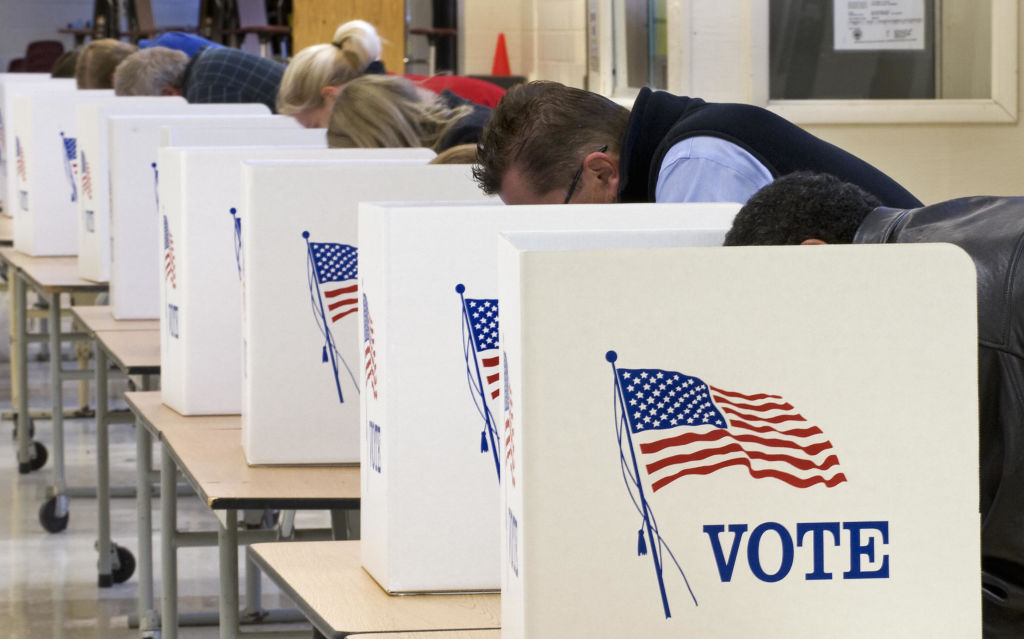

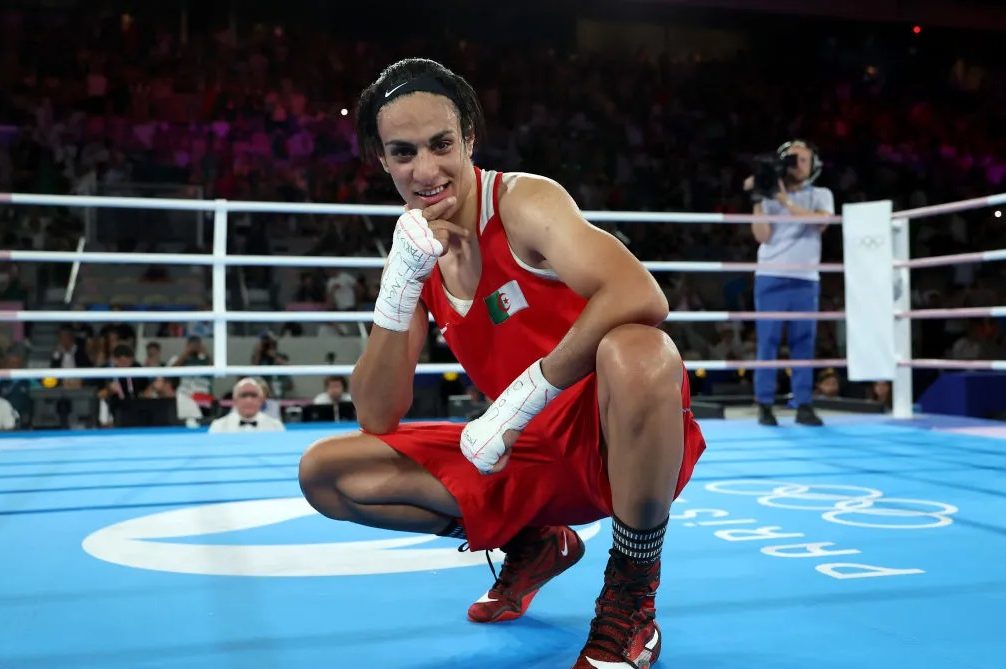







Leave a Reply